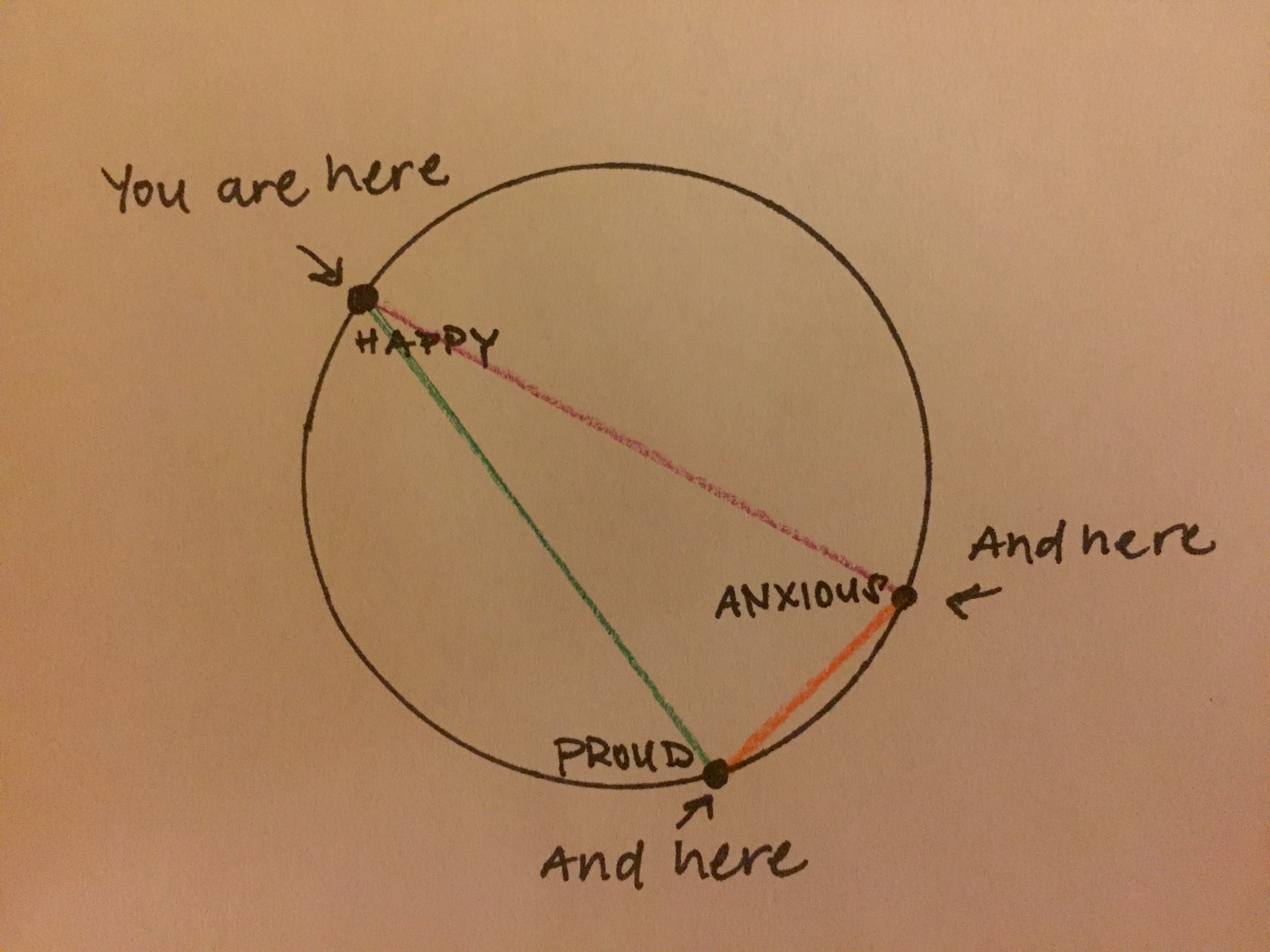Who: Maternal Aunt - Mia Evans
Wear: Style - Eclectic 70's; mix of the androgyny of Annie Hall, the glamour of Bianca Jagger, and the all-american classic of Lauren Hutton.
Why: My aunt Mia: a woman both of and before her time. A forward thinking feminist, classically trained harpist, ambitious lawyer, loving aunt and mother of Pugs. She is the kind of person that has always sparked my curiosity - so transparent and direct, yet full of quirks, stories, and talents that she alone could be the muse to spawn dozens of literary characters. To me, she is this shining example of how a modern woman can be so many things (and wear so many hats), while still maintaining her individuality and stand in it without pretense or explanation.
Her clothes reflect this to a "T." She's always polished and put together, but in the kind of way you know it didn't take her more than 10 minutes to get ready because while she cares how she looks, vanity comes second to comfort and necessity. Pairing classic elements of style (like a beige trench coat or clean cotton blouse) with more distinctive and/or whimsical flare (à la red woven platform clogs and kitschy handmade jewelry she bought in some bizarre half way around the world), she always curates a balanced ensemble that at first glance feels chic, serious and sophisticated but upon a second inspection you realized it belies the humble levity of a woman that knows she has her shit together so she doesn't take herself too seriously.
HERE'S HOW YOU CAN PARTICIPATE IN DRESSEMBER WITH US:
Give! Visit our Dressember page and make a donation. It's that simple and no sum is too small. Truly.
Follow! Be sure to follow us on Instagram and our blog throughout the month of December.
Share! Help us spread the word. You can do this by sharing our social media posts or links to our Dressember fundraising page.
Lauren Ziel, MSW is a Registered Associate Clinical Social Worker, ASW #76483, working under the supervision of Vanessa Spooner, PsyD. Through the use of movement and mindfulness, Lauren develops specialized treatment for anxiety, depression, eating disorders, challenges in life-stage transitions, relational difficulties, and identity/intrapersonal development.




















